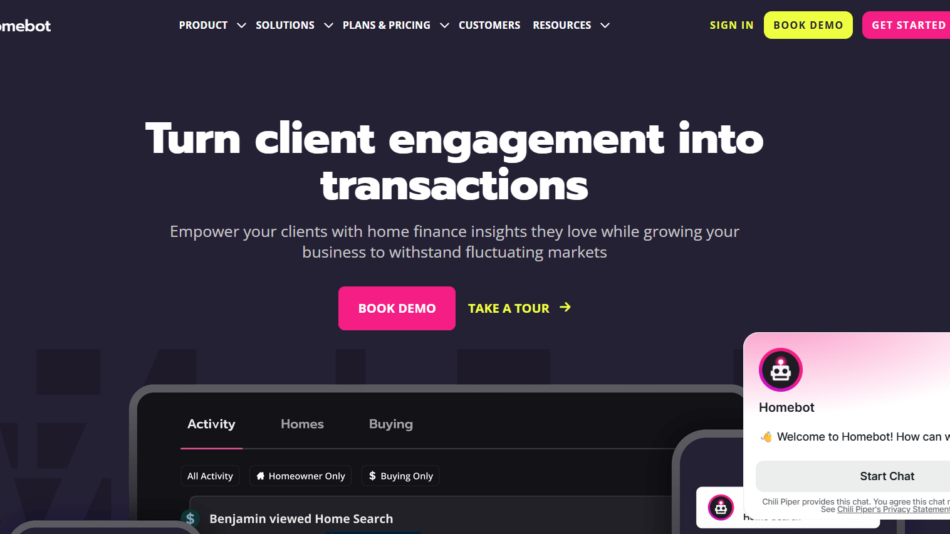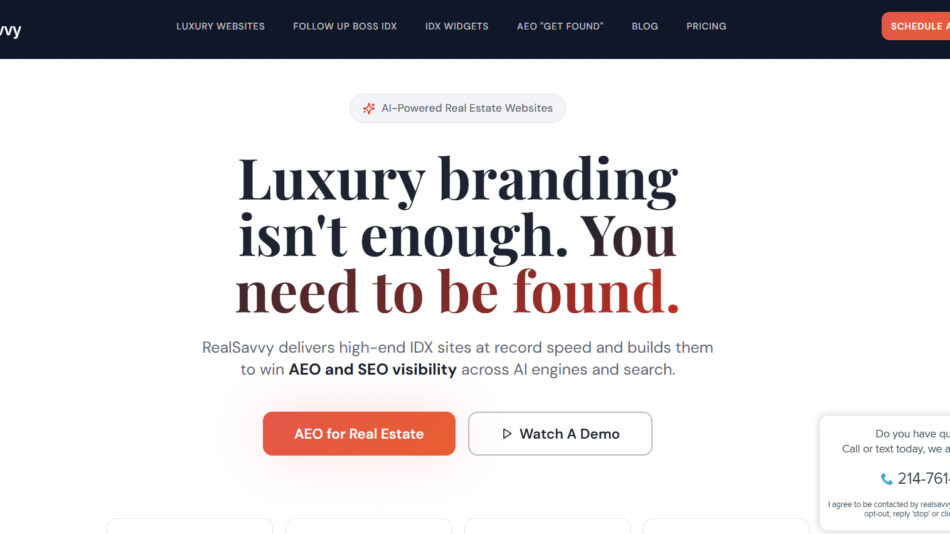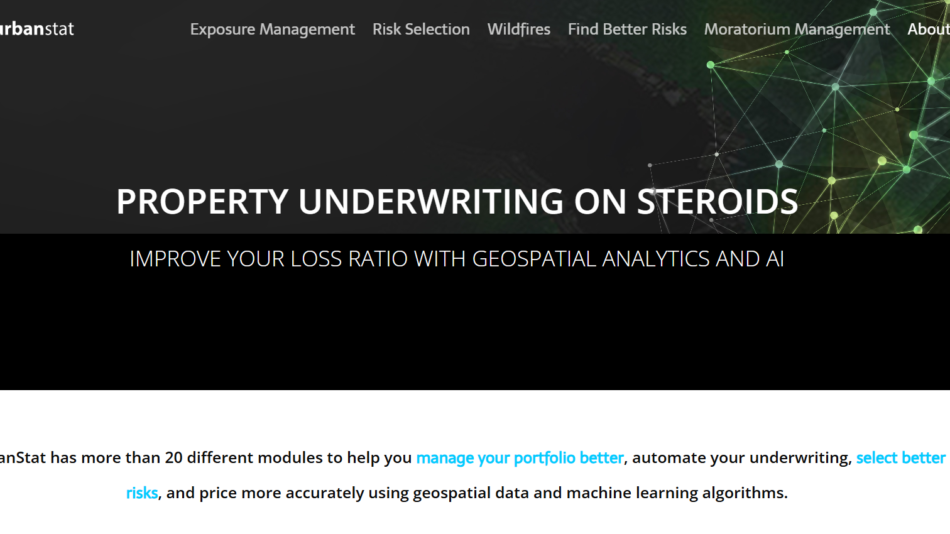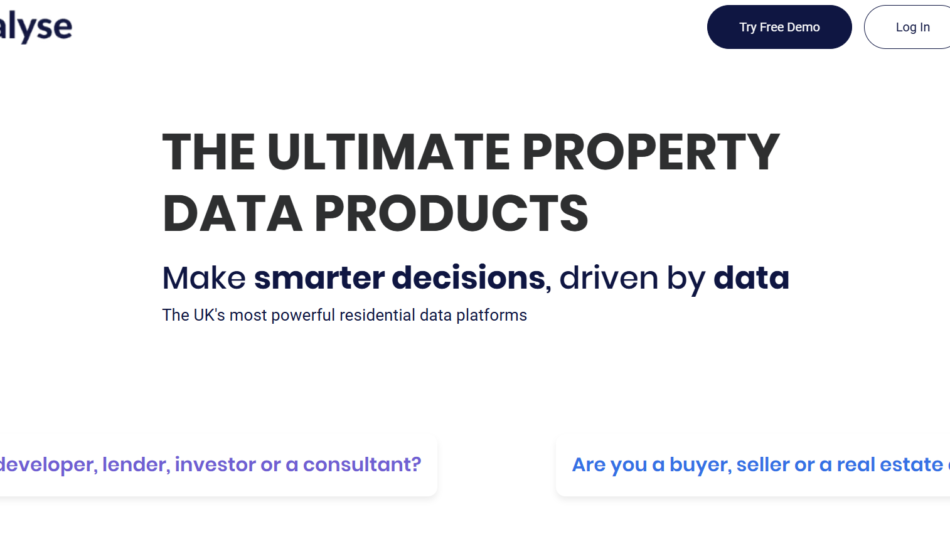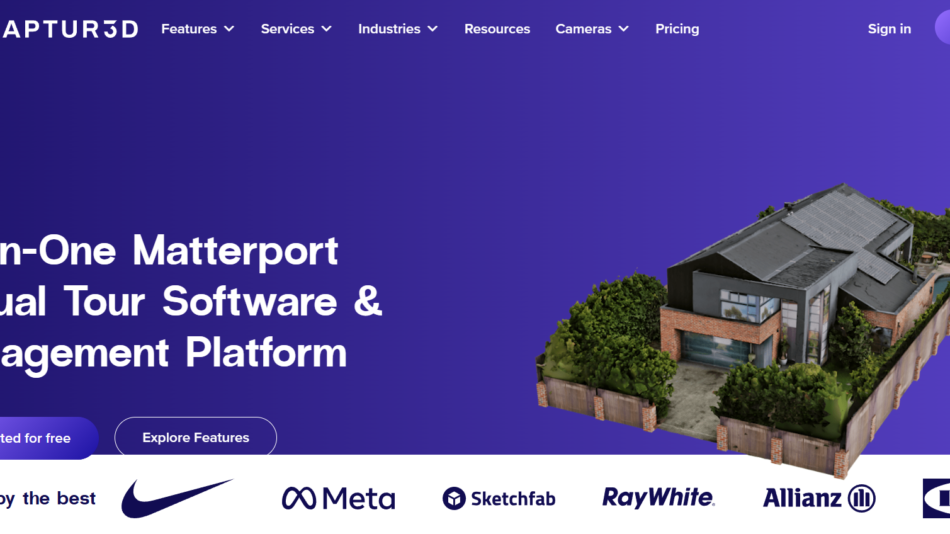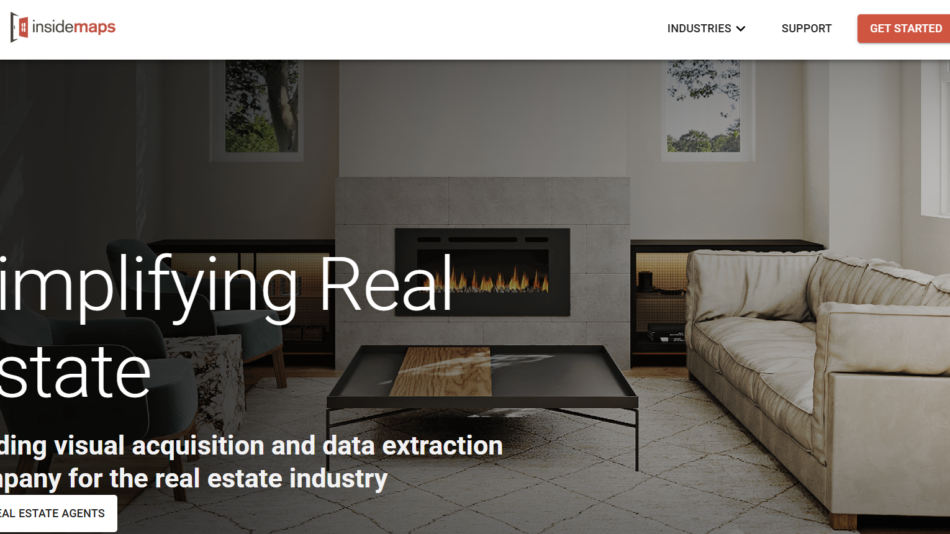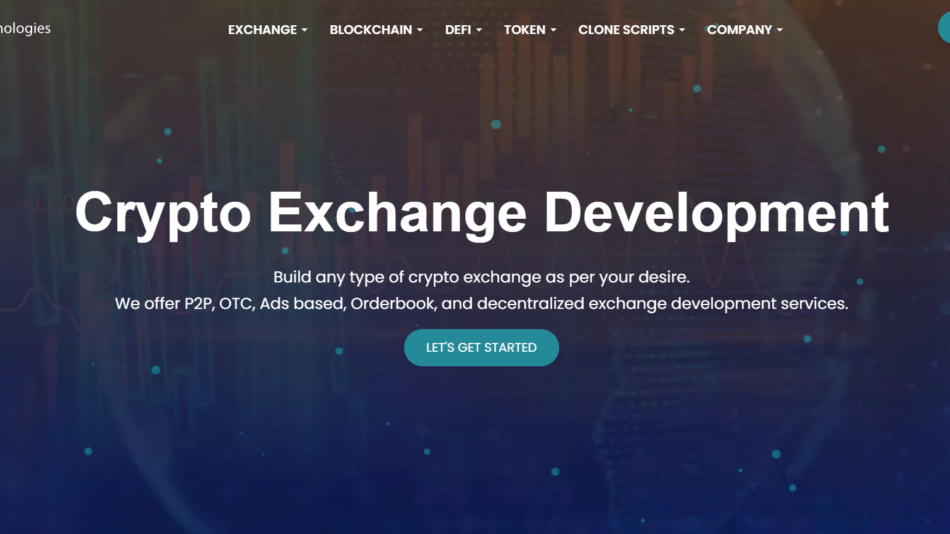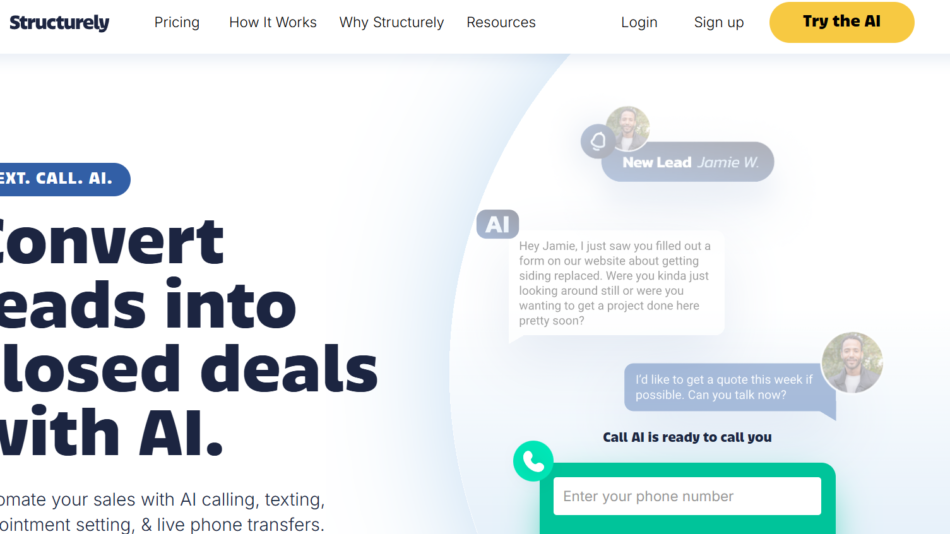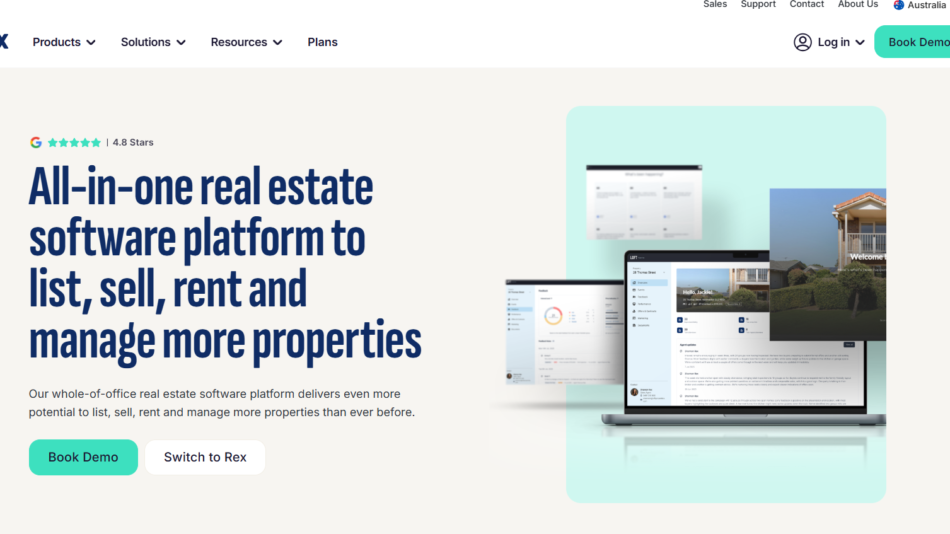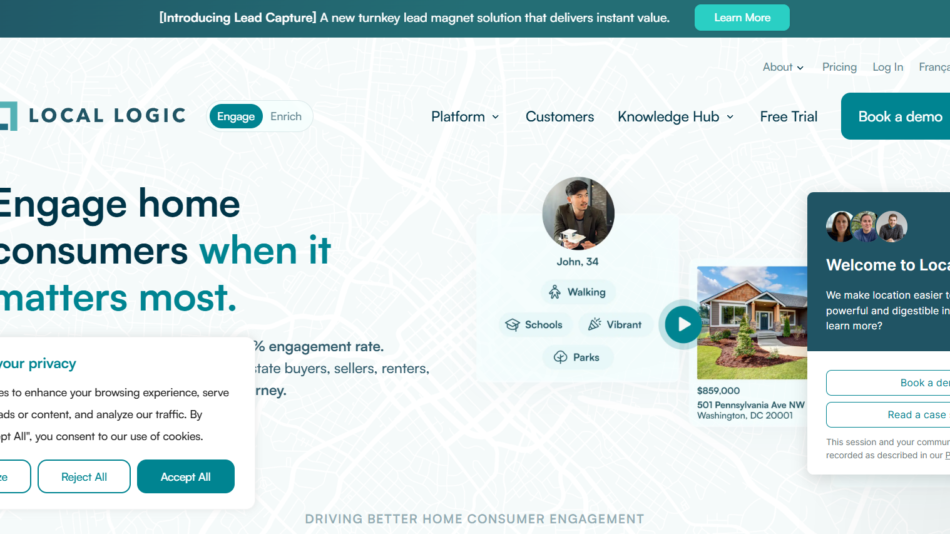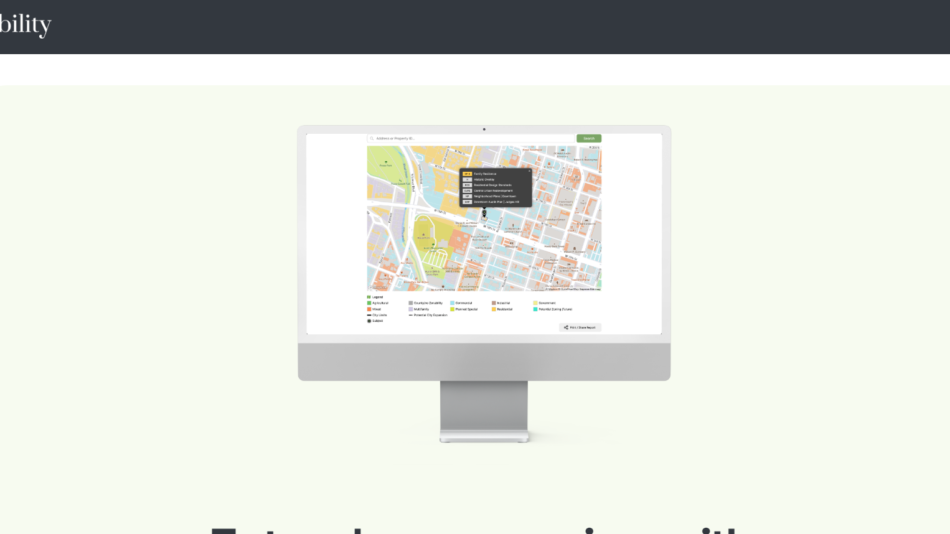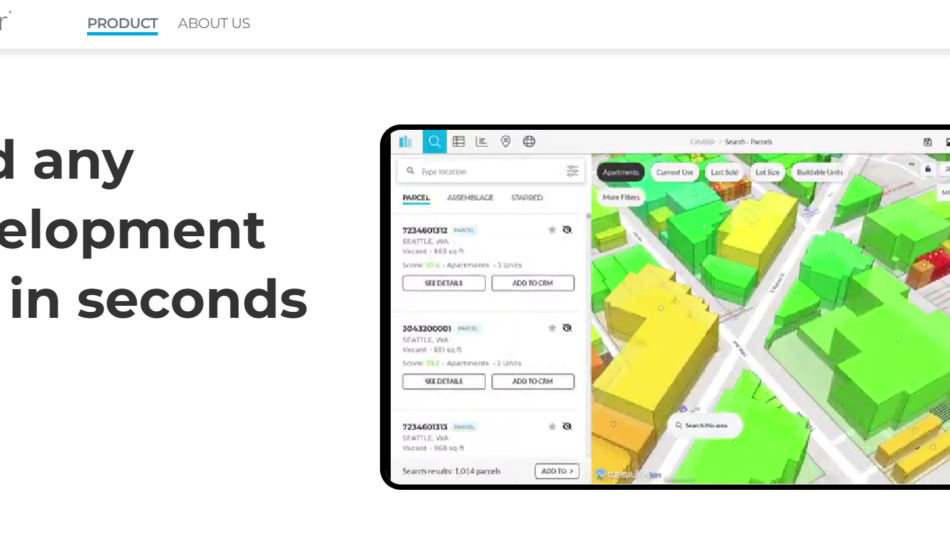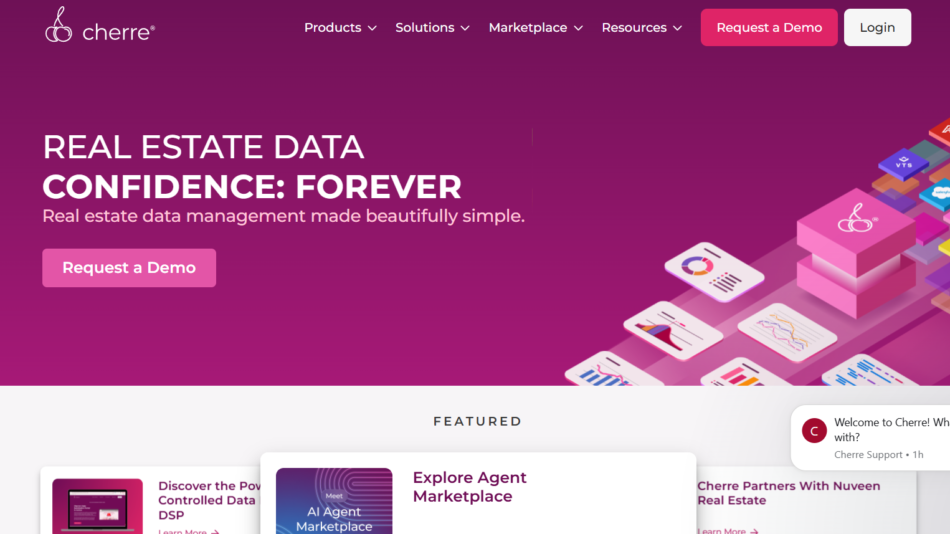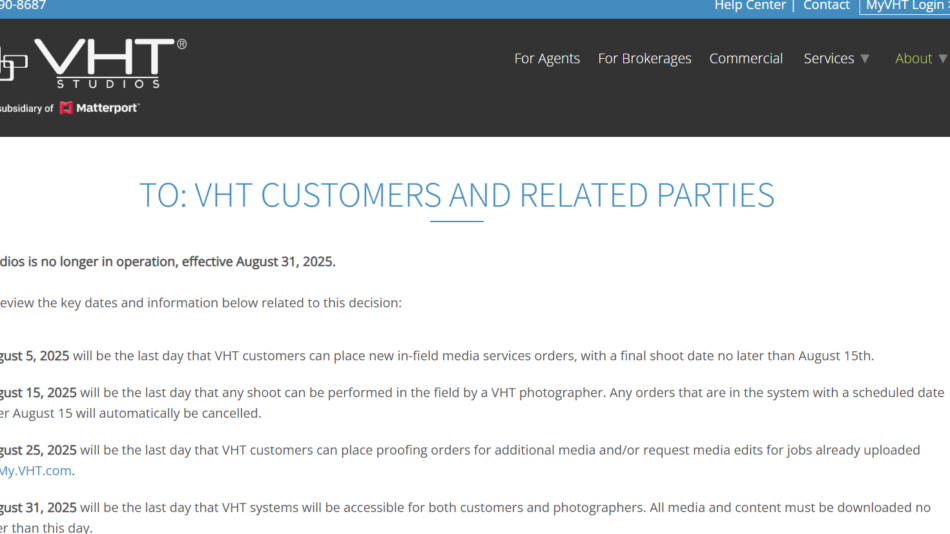Phedra is an AI workspace built for privacy-focused professionals and organizations that want the power of large language models (LLMs) without compromising data ownership or security. It enables users to securely connect their knowledge sources—such as PDFs, Google Docs, Notion, Confluence, websites, and more—to AI agents that can analyze, summarize, and respond to queries based on the connected content.
Unlike many consumer-grade AI tools that store or reuse user data for training, Phedra ensures that all interactions are private. It supports both cloud and self-hosted deployments, making it suitable for compliance-sensitive teams, including those in legal, healthcare, finance, and enterprise IT.
Phedra is not just another chatbot wrapper. It serves as a full-stack platform for building knowledge-based workflows, deploying custom AI agents, and collaborating securely.
Features
Phedra offers a robust and privacy-focused suite of features tailored for professionals and organizations that handle sensitive or complex information.
Private & Secure by Design
Phedra never stores your data or uses it for model training. You can choose between a secure cloud version or self-host the entire stack to meet compliance needs.
Chat with Any Document or Source
Users can upload files or connect third-party platforms like Google Drive, Notion, or SharePoint. The AI can instantly answer questions, summarize content, or retrieve key insights from your connected documents.
Multi-Agent Architecture
Instead of relying on a single chatbot, Phedra allows users to build and deploy multiple specialized AI agents for different workflows or departments. Each agent can be customized with unique context, personality, and knowledge base.
Real-Time Collaboration
Collaborate with team members by sharing agents, assigning roles, and annotating outputs. AI responses are traceable and auditable for accountability.
Custom Workflows & Integrations
Teams can create AI workflows that automate repetitive research, summarization, or knowledge synthesis tasks. Phedra also supports API access and can integrate into existing enterprise tools.
Multi-LLM Support
Phedra is not tied to a single LLM. You can bring your own OpenAI key or switch to Anthropic, Mistral, or other open-source models. This ensures flexibility, redundancy, and alignment with organizational policies.
No-Code Agent Creation
Non-technical users can create powerful AI agents using a no-code interface. Customize tone, behavior, access permissions, and connected data sources.
How It Works
Getting started with Phedra involves a few simple steps, but under the hood, it leverages powerful AI and privacy-first infrastructure.
Users begin by signing up and choosing their deployment mode: secure cloud (hosted by Phedra) or self-hosted (using Docker, Kubernetes, etc.). Once inside the workspace, users can upload data sources or connect external platforms like Notion, Slack, or websites.
From there, you can create a new agent or start chatting directly with your content. Agents are configured with a specific set of documents, tone, and function—such as answering HR questions, summarizing legal documents, or supporting product development.
Phedra parses and indexes the documents locally or within your private cloud, depending on the setup. When users interact with the AI, it queries the indexed knowledge using retrieval-augmented generation (RAG) and returns secure, context-aware answers.
The interface supports chat history, collaborative sessions, user roles, and visibility settings. You can also integrate custom APIs and export data for auditing or compliance purposes.
Use Cases
Phedra is designed for professionals and teams who need AI assistance but cannot compromise on data privacy, accuracy, or control. Its use cases span across multiple industries:
Legal Teams
Upload large contracts and ask the AI to identify clauses, compare terms, or summarize documents. Collaborate securely without exposing data to external servers.
Enterprise Knowledge Management
Centralize team documents from Notion, Confluence, Google Drive, and other platforms. Use AI to answer policy questions or help onboard new employees.
Healthcare Providers
Securely query medical documentation, research papers, and treatment protocols while staying compliant with data protection laws.
Product & Engineering Teams
Summarize technical documentation, track meeting notes, and brainstorm features using agents trained on internal repositories.
Consulting & Research
Quickly analyze client documents, generate insights, and deliver AI-enhanced research findings under strict confidentiality.
Sales & Customer Support
Build product knowledge bots that help teams find answers quickly from support documents, onboarding materials, or case studies.
Pricing
As of the latest information on the Phedra website, the tool offers multiple pricing plans designed to accommodate individuals, teams, and enterprises.
Free Plan
Access to basic features
Limited storage and number of agents
Best suited for personal use and evaluation
Pro Plan
Paid tier with enhanced limits and performance
Access to more integrations and multi-agent setups
Priority support
Enterprise & Self-Hosted
Tailored for teams with advanced security needs
Includes self-hosting support, SLAs, and audit logs
Custom pricing based on deployment size and compliance requirements
For detailed and current pricing, users are encouraged to contact the Phedra sales team directly via their website.
Strengths
Phedra excels in areas where most AI tools fall short—privacy, flexibility, and multi-agent collaboration.
Its strongest advantage is privacy-first architecture. In a landscape where data leaks and compliance violations can have serious consequences, Phedra’s commitment to not storing or training on user data is a significant differentiator.
The multi-agent model allows teams to build context-specific AI assistants, which leads to better performance and more relevant responses. The platform’s real-time collaboration features make it ideal for distributed teams.
Support for multiple LLMs and the ability to bring your own API keys also enhances reliability and control, especially in organizations with strict vendor policies.
Finally, the intuitive, no-code agent builder ensures that non-technical users can benefit without needing deep technical knowledge.
Drawbacks
Phedra is a powerful tool, but it may not be the right fit for everyone.
Users looking for pre-built AI templates or simple chatbot wrappers might find Phedra more complex than needed. The flexibility it offers comes with a slight learning curve.
The free tier has limitations in terms of storage and available features, so power users may need to upgrade to fully benefit from the platform.
Self-hosting, while valuable for privacy, can be technically demanding. It requires familiarity with Docker or Kubernetes environments and some IT management resources.
Additionally, while multi-LLM support is available, it may require users to manage their own API usage, which could incur separate costs.
Comparison with Other Tools
Phedra stands out in the AI productivity space for its enterprise-level privacy and multi-agent design.
Unlike ChatGPT or Notion AI, which may retain some user data for performance tuning, Phedra ensures zero data retention and local processing. This makes it far more appealing for teams with compliance needs.
Compared to tools like Glean or Arcwise, which focus on enterprise search and summarization, Phedra offers greater customization and agent-building capabilities.
While other AI workspace tools focus on user experience or document management, Phedra prioritizes both usability and infrastructure flexibility—making it one of the few platforms that balance power, privacy, and collaboration.
Customer Reviews and Testimonials
As Phedra is a relatively new platform, formal customer reviews are still emerging. However, based on user testimonials shared on their official website and platforms like Twitter and GitHub, early adopters have expressed strong satisfaction.
Users appreciate the clean UI, privacy-first design, and the ability to self-host without losing functionality. Teams using Phedra in healthcare and legal sectors have praised the platform for helping them remain compliant while integrating AI into their workflows.
One early user noted:
“We switched to Phedra from a commercial LLM tool because of data concerns. The flexibility and control it gives us is unmatched.”
Another shared:
“It feels like Notion meets ChatGPT but with enterprise-level privacy. The agents actually understand our data.”
As the user base grows, more feedback is expected to become publicly available.
Conclusion
Phedra offers a compelling solution for organizations and individuals who want to harness the power of AI without compromising on data privacy, security, or customization. Its architecture supports collaboration, agent specialization, and multi-LLM integration—all wrapped in a modern, intuitive interface.
For teams working with sensitive data or under strict compliance frameworks, Phedra stands out as a trustworthy and capable AI workspace. Whether you’re managing legal documents, supporting internal operations, or building knowledge bots for your team, Phedra provides the tools to do so securely and efficiently.

